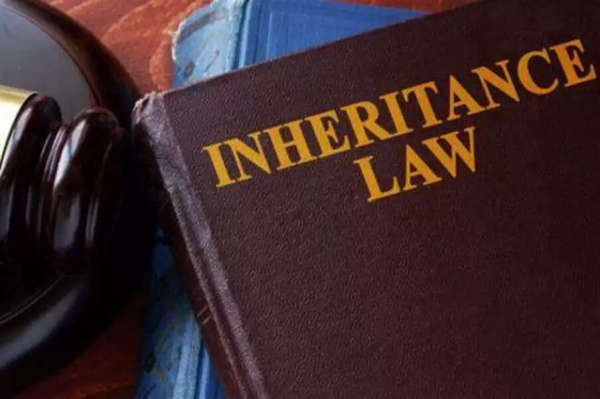
Property division always creates tension in families. Especially when the father has been married twice and has children from different wives. In such situations, conflicts often increase. Therefore, it is important to understand the legal rules.
Indian inheritance law specifies who will inherit the property after the father's death and how much percentage. These rules are designed to ensure that no member's rights are taken away. The law is clear for the wife and children.
If a father has had more than one wife, each wife has the right to legal inheritance. This means that at the time of division, everyone's share is calculated, and they are given equal rights. This process ensures that no one is treated unfairly.
Children also have equal rights. Whether from the first wife or the second, each receives an equal share. Their share depends on the value of the total property and the number of children. The purpose of this law is to ensure that there is no discrimination and that every child receives their due share.
If the father has made a will during his lifetime and has allocated a share to everyone according to his wishes, then the division will be done accordingly. However, if a will has not been made, the basic guidelines of the law are applied. This is why legal experts always recommend making a will.
The type of property also affects the division. The process for immovable property like land and house is different, while different rules apply for movable assets like bank balances, cash, and investments. This ensures that each heir receives their fair share.
In essence, inheritance law protects the rights of every family member, even if the father has more than one wife or a large number of children. Everyone has equal rights. Therefore, if such a case arises, it is important to understand the law clearly.